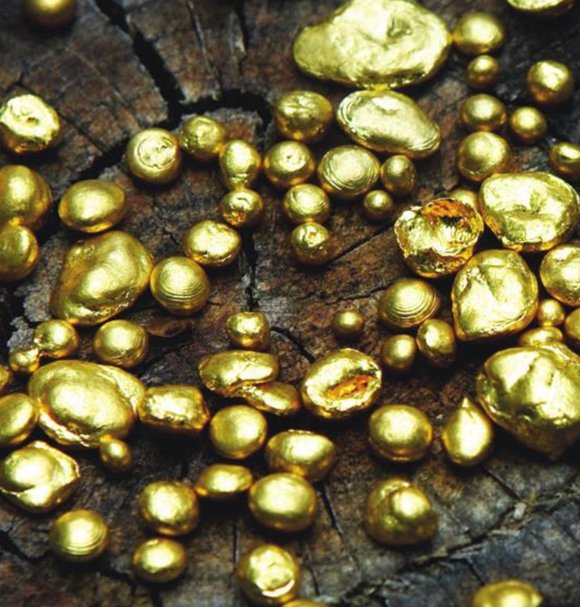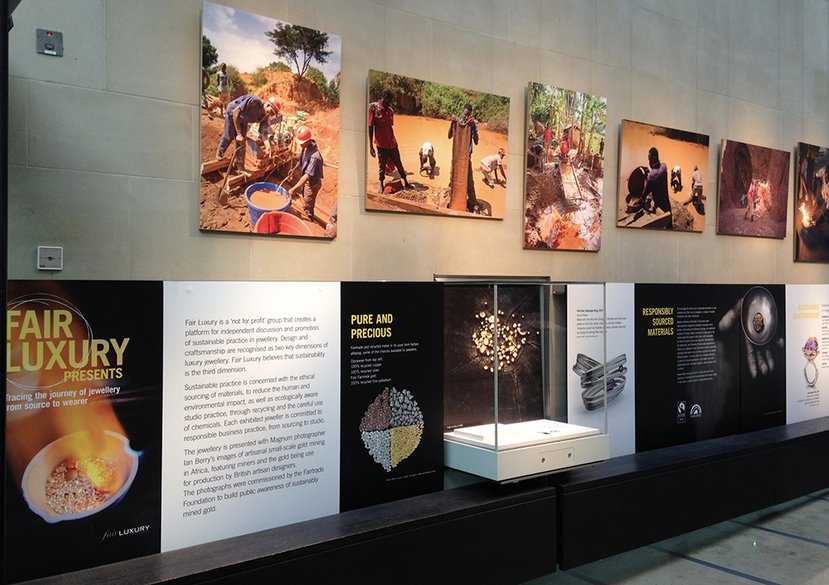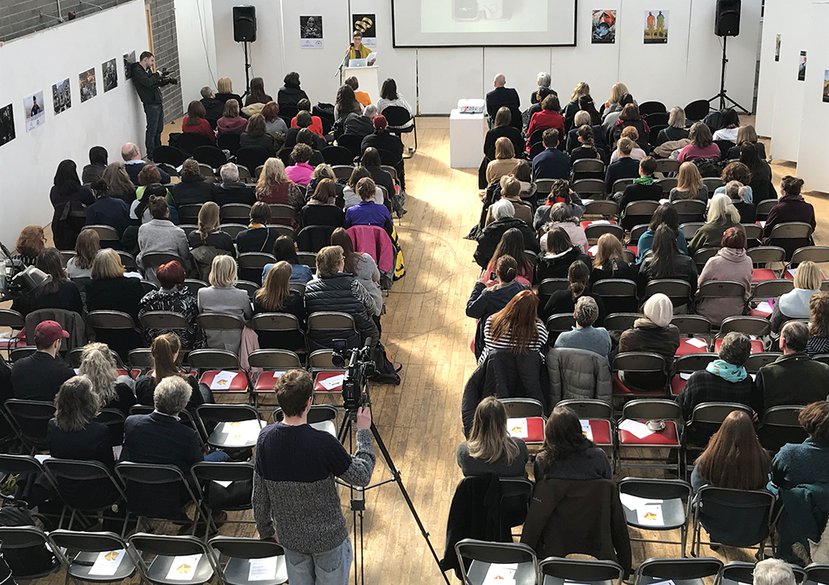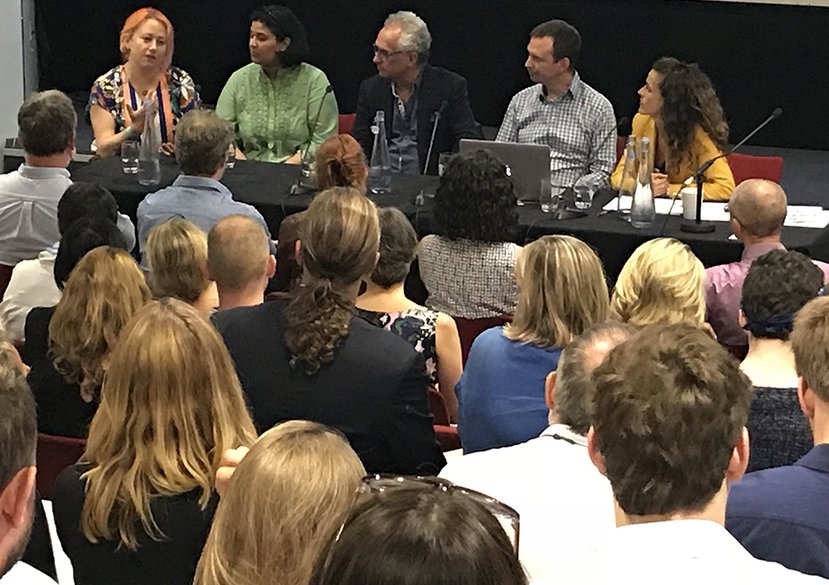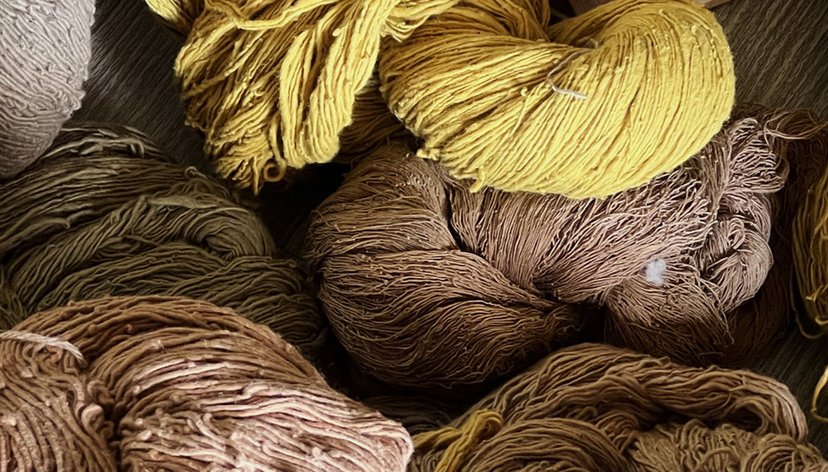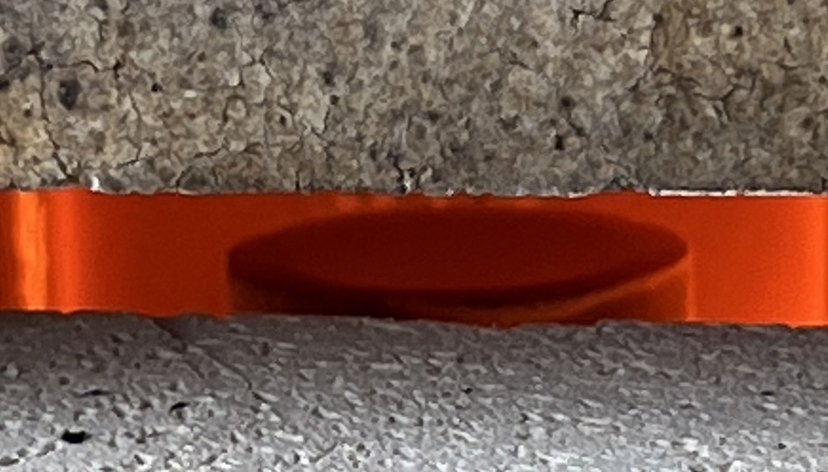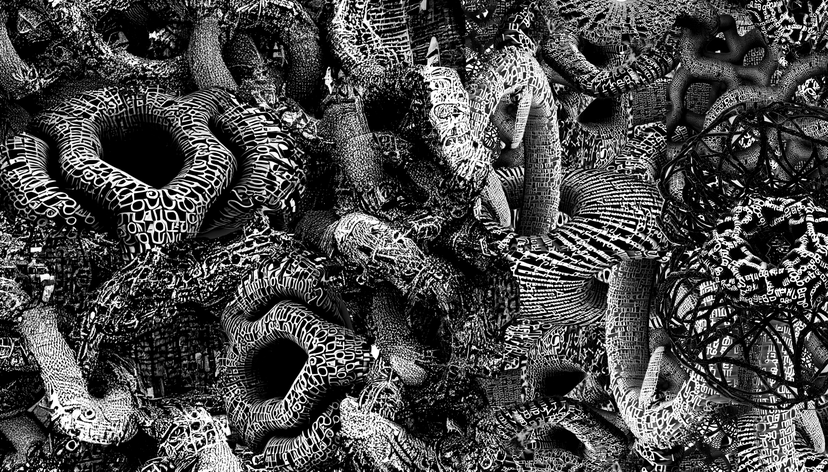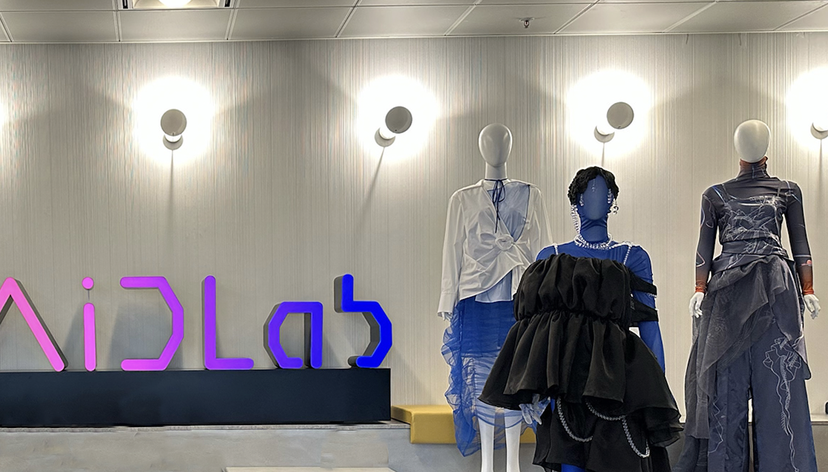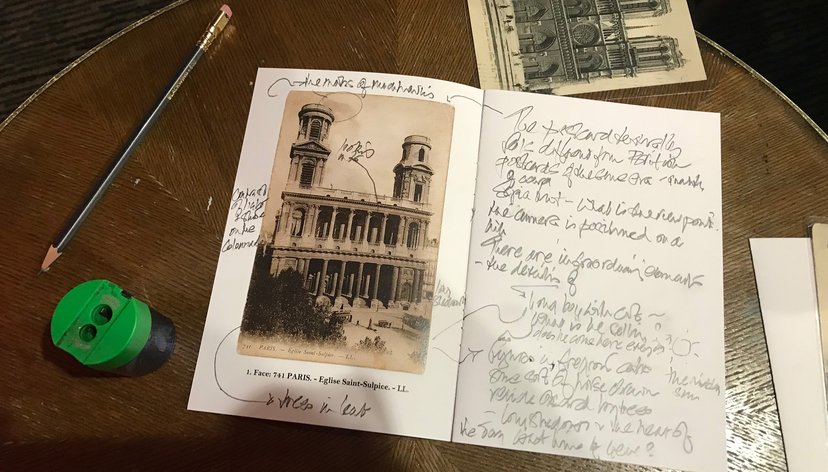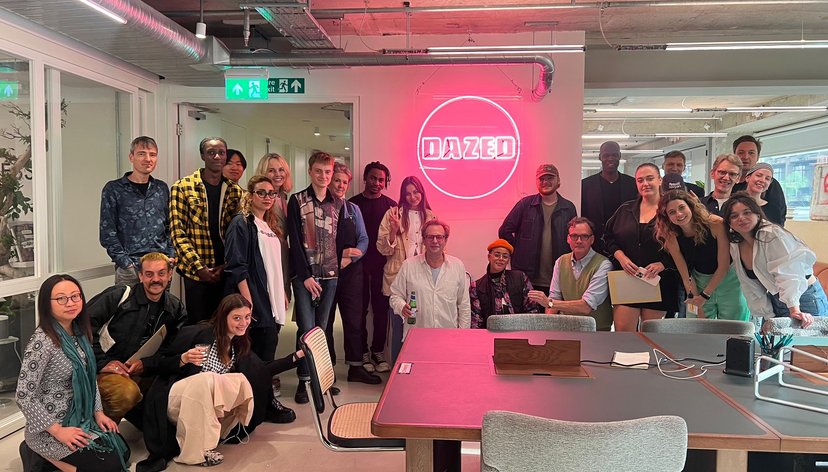
An investigation into how ethical gold certification schemes and jewellery and watch industry initiatives interact with regional, national and supranational government policies.
At a glance
- The RCA has partnered with the Scottish Goldsmiths Trust to deliver the Ethical Gold and Government Policy project.
- The project team will be investigating how ethical gold impacts on policy development in Holyrood, Westminster, Brussels and Zurich.
- The project builds on previous collaborative activities that involved members of the research team. These include It’s in Our Hands (Edinburgh 2017), Fair Luxury at the RCA (London, 2018), and It’s in Our Hands – One Year On (Edinburgh, 2018).
- Project outputs include the two-day online event Sustainability in the 21st Century: how policies impact gold supply chains.

Key details
Gallery
More information
Partners
The Scottish Goldsmiths Trust

The Scottish Goldsmiths Trust was founded by The Incorporation of Goldsmiths of the City of Edinburgh in the year 2000. The Scottish Goldsmiths Trust created the Ethical Making Programme, which includes two new initiatives, the Ethical Making Resource and the Ethical Making Pledge. These projects are part of the Incorporation’s strategy to promote and support the uptake of ethical making practices in the jewellery and silversmithing trade in Scotland.
Emily MacDonald - Project Researcher

Emily MacDonald, the project’s researcher from 2020 to 2021, was the Ethical Programme Officer at the Scottish Goldsmiths Trust where she was instrumental in the creation of the Ethical Making Resource and initiating the Ethical Making Pledge with Scottish art colleges. Emily’s background is in social and environmental sciences, with a BA in Anthropology and Sociology and a MSc in Climate Change and Marine Management. Emily has contributed to circular economy research and advocacy in Scotland and is passionate about sustainability, education, and exploring craft cultures.
Emily can be reached at: [email protected]
The challenge

Gold has become a politically contentious material over the past two decades. The circumstances and practice of its extraction, by international mining corporations or communities of subsistence miners, has become increasingly problematised. Activists argue that the status quo falls short in terms of environmental, social and economic sustainability. Since the start of the 21st century the focus of their campaigns has shifted, from attempting to directly affect the actions of big corporations to influencing consumer choice. The same period has seen the rise of schemes created to certify the provenance of gold used in jewellery and watch manufacturing. By publicising the need for environmental awareness and social justice, these initiatives have made gold mining a topic for public debate and informed political policy.
So gold mining, at both small and large scale, now intersects in multiple ways with government policies being conceived and implemented at a regional, national and supranational level. Yet we have an imperfect understanding of where these intersections lie, or how government policy might be more productively informed by recent and future research on the effectiveness and impact of ethical gold certification programmes and jewellery industry association interventions.
Our approach
The project team will:
- Uncover how ethical gold sourcing certification programmes and jewellery industry association interventions influence, and have been influenced by, policy development at Holyrood, Westminster, Brussels and Zurich.
- Consider the roles of corporations, industry associations, pressure groups, activists and campaigners in this process.
- Identify productive options for engagement with political systems and structures around the issue through academic, public engagement and advocacy activities.
Activities
The project team will identify the most relevant campaigns, initiatives, schemes, events, reports, articles and books associated with the creation and impact of ethical gold certification programmes and jewellery association initiatives. They will also track the development of government policies relating to sustainability, social justice and corporate social responsibility as these relate to corporate and subsistence gold mining, the use of gold in manufacturing, and the selling and consumption of products containing gold. They will then analyse the two bodies of material to identify points of connection and moments of influence.

Outputs
Reports
The project team are writing reports describing the interactions between government policy, approaches to sustainability, sustainable sourcing and ethical gold schemes.
During 2020-2021 the focus was on the Scottish Government. Two reports relating to this work will be published in autumn 2021:
- Oakley, P. and MacDonald, E (2021). Sustainability and the Circular Economy of Materials in Scotland.
- Oakley, P. and MacDonald, E (2021). Sustainable Sourcing and Recycling of Non-Ferrous Metals in Scotland.
Events
The project team have also convened engagement events focusing on the issues identified in the reports:
- Sustainability in the 21st Century: how policies impact gold supply chains. Delivered online, 22 and 23 June 2021.
Ask a question
To contact the EG+GP research team, please email the School of Arts & Humanities at the RCA
[email protected]
